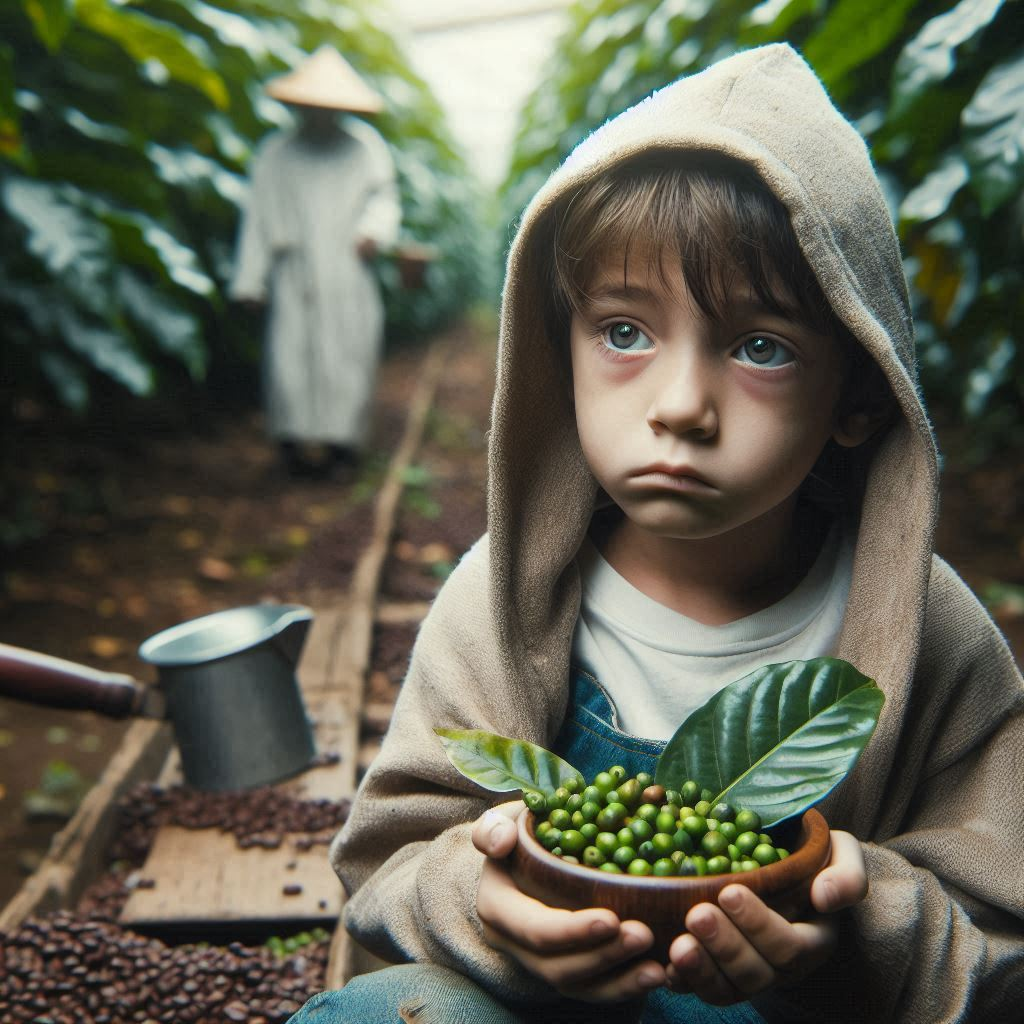A new initiative aimed at tackling the root causes of child labour in supply chains has been launched by the International Labour Organization (ILO), the Food and Agriculture Organization (FAO), the International Trade Centre (ITC), and the United Nations Children’s Fund (UNICEF), with funding from the European Union (EU).
The project, titled "Ending child labour in supply chains: Addressing the root causes of child labour in supply chains through an area-based approach" (CLEAR Supply Chains Project), was inaugurated at the World of Coffee tradeshow in Copenhagen, Denmark, on June 28, 2024.
Child labour is a significant issue in agriculture, with seventy percent of child labourers working in this sector. The risk of child labour in the coffee supply chain is notably high due to complex, multi-dimensional root causes such as poverty, social vulnerability, gaps in legal frameworks and enforcement, inadequate social protection, and barriers to free and quality education. Additional factors specific to coffee and other globally traded crops include farm gate prices, food insecurity, price volatility, and climate change impacts on production and harvests.
The CLEAR Supply Chains Project aims to address these root causes by leveraging the expertise of each partner agency to develop and pilot integrated, area-based interventions in key coffee-producing countries, including Honduras, Uganda, and Vietnam. The project will also build on existing work in the minerals supply chain, particularly in the Democratic Republic of Congo (DRC), the world’s leading producer of cobalt. Furthermore, it seeks to share and scale up the knowledge and experience gained with other countries and supply chains.
The global launch event featured speakers from global coffee partnerships and networks, partner countries, and UN agencies. Attendees participated in interactive panels discussing child labour and decent work in the coffee supply chain. The event highlighted the issue of child labour and human rights due diligence in the coffee industry, providing a platform for stakeholders to identify synergies and opportunities for collaboration.
Moving forward, the project will continue to collaborate with global coffee partnerships and supply chain actors, utilizing the knowledge generated from country-level work to promote an approach focused on root causes, due diligence, and investment in prevention.

